Konbanwa In Japanese Hiragana imgdoozy

26 Ways to Say Hello in Japanese Learn Essential Japanese Phrases & Greetings Basic japanese
Konnichiwa 「こんにちは」 is one of the first words you learn in Japanese. Not only Konnichiwa but also learn usage of Ohayou and Konbanwa!. but if you write it in kanji, it's「今日は」, which can also be read as 「きょうは〜, kyo wa〜」 .. NHK states that "「こんばんは,konbanwa- good afternoon」is generally.
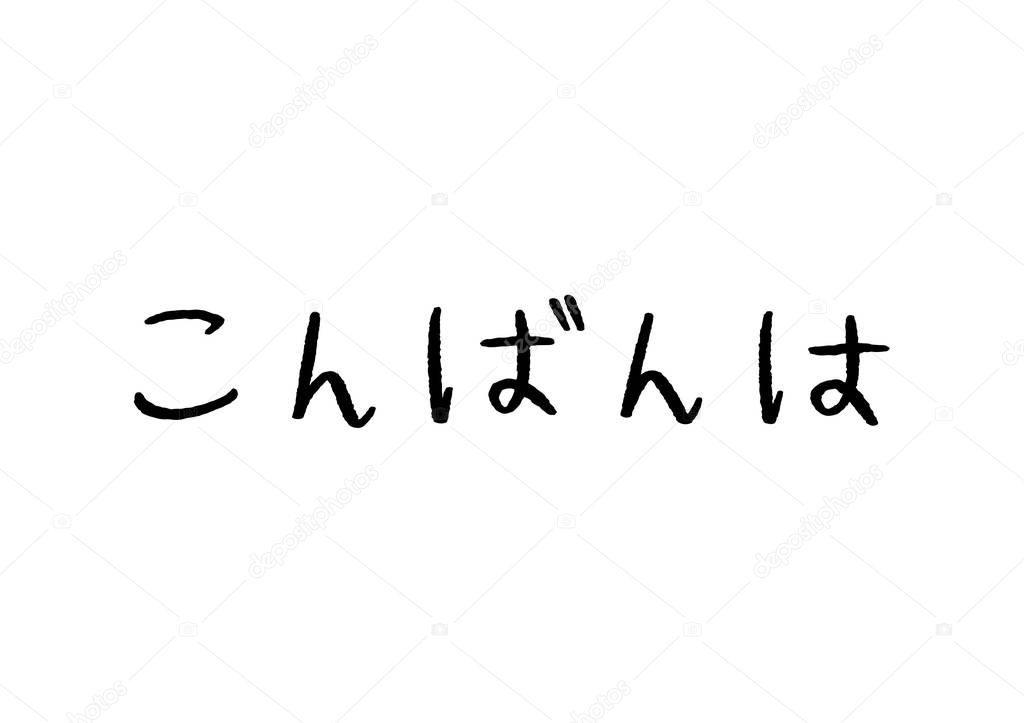
Konbanwa In Japanese Hiragana imgdoozy
When writing hiragana, こんにちは "は" is normally pronounce "Ha" But in this case you have to pronounce "Wa" What does konnichiwa mean Usually offered during morning and early afternoon (10:30 AM-5:59 PM), Konnichiwa (こんにち) is a simple Japanese greeting.

How to pronounce 'konbanwa' (Good afternoon) in Japanese? Japanese Pronunciation YouTube
Konbanwa is built similarly to konnichiwa, with the spelling ko-n-ba-n-HA, but this time "konban" (this evening) is also a normal word. Neither konnichiwa nor konbanwa has has a more or less polite version, but there are several other greetings that may be more appropriate for a particular situation, some of which you'll learn below.
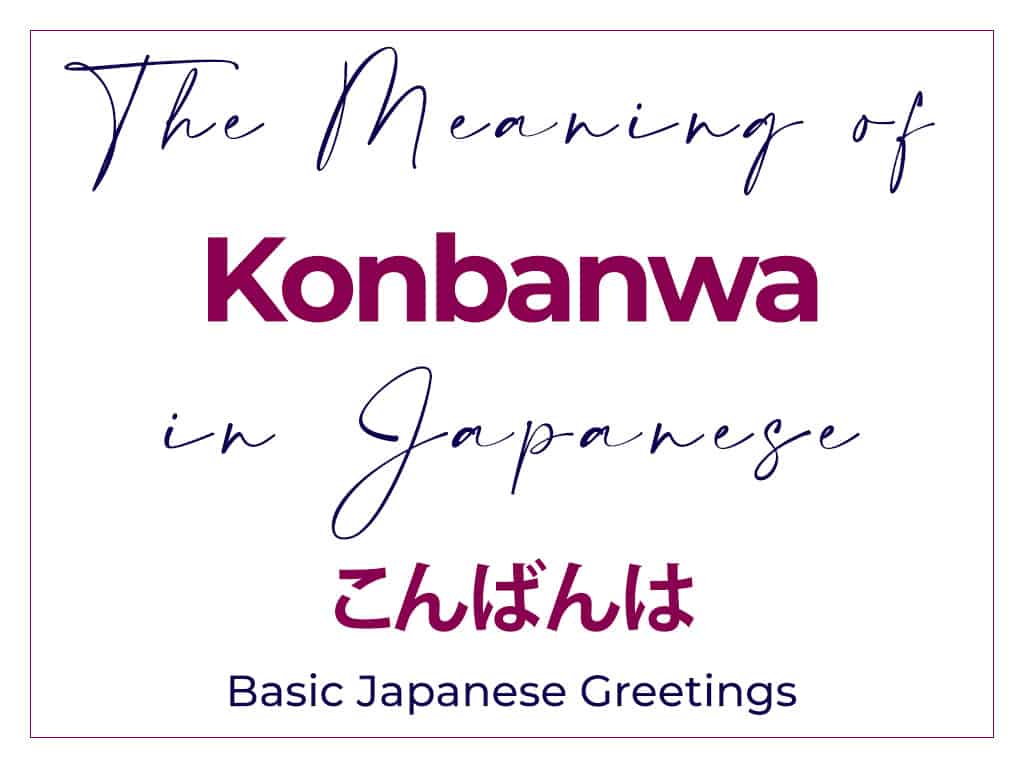
The Meaning of “Konbanwa” in Japanese (Basic Greetings) AlexRockinJapanese
The Japanese language is known for its cultural richness and linguistic nuances. One of the most common and well-known expressions is "Konbanwa" (今晩は) and "Oyasumi" (お休み), which are often translated as "good night". However, as with many aspects of Japanese culture, there is more to this simple greeting than meets the eye.
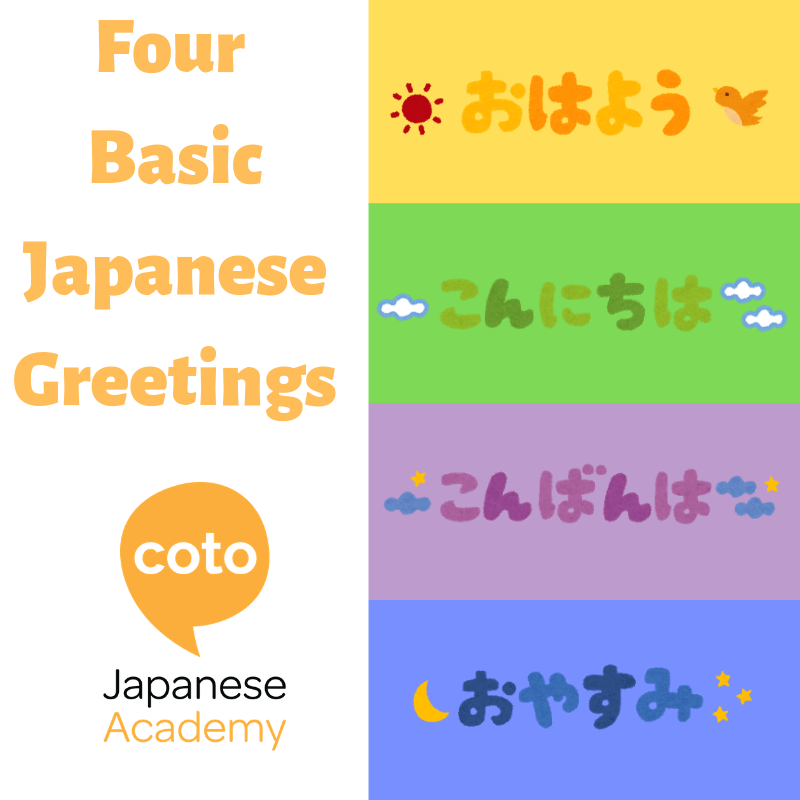
Greetings in Japanese 4 basic ways to use during the day
In Japanese, when you first greet/visit someone you usually use the following three phrases depending on the time of day: Morning -> Ohayo gozaimasu Afternoon -> Konnichiwa Evening/Night -> Konbanwa Just note that they are only used when you first greet/visit someone, which means they are not exactly the same as "Good morning/afternoon/night (evening), as you can say those phrases when meeting.
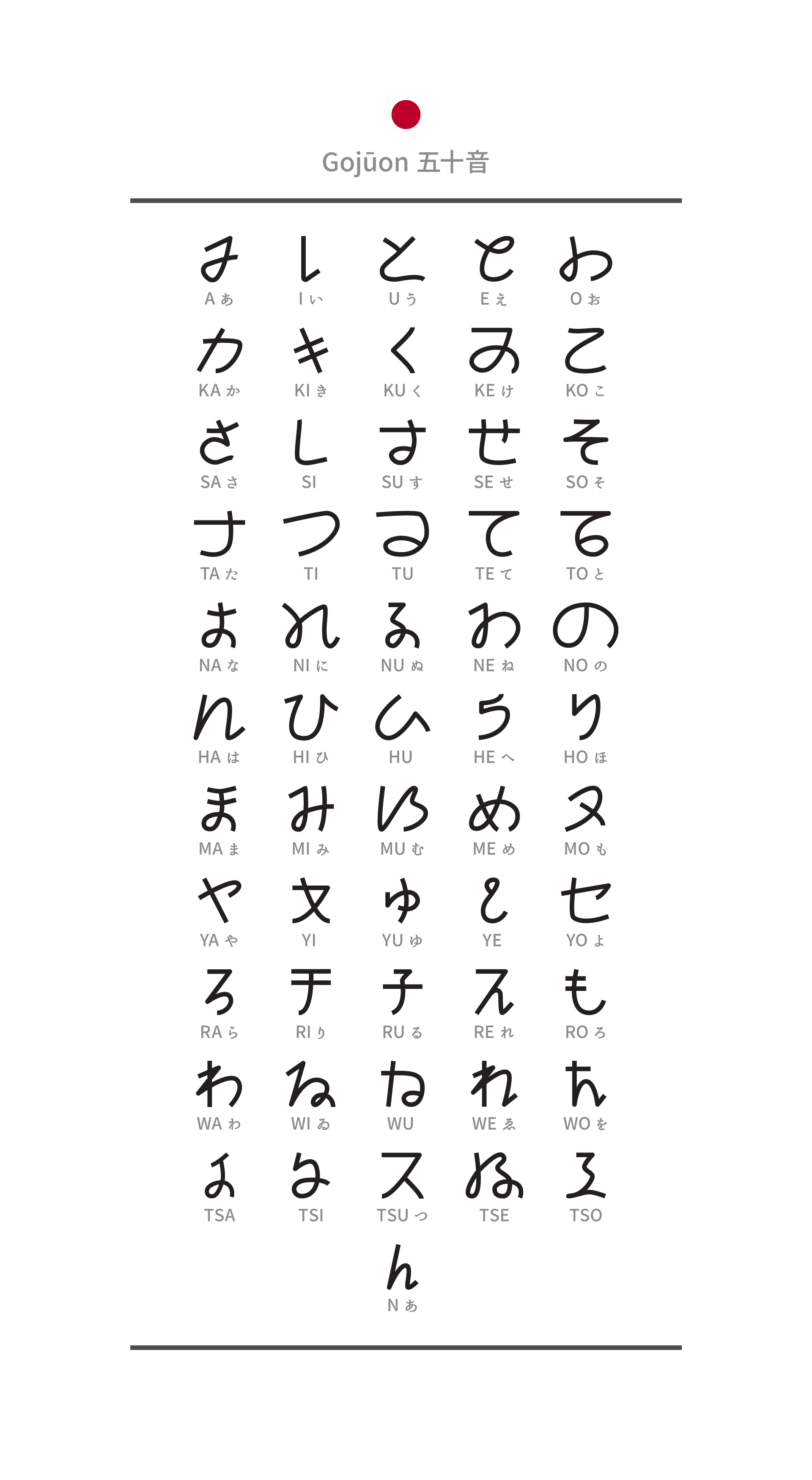
New Japanese writing system 新日語書寫系統 on Behance
Writing Rules . There is a rule for writing hiragana "wa" and "ha." When "wa" is used as a particle, it is written in hiragana as "ha." "Konbanwa" is now a fixed greeting. However, in the old days it was a part of sentence such as "Tonight is ~ (Konban wa ~)" and "wa" functioned as a particle. That's why it is still written in hiragana as "ha."

How to say “Good evening” in Japanese ¨̮ pronunciation of Konbanwa YouTube
"Good Evening" in Japanese - こんばんは (Konbanwa) In the evening, greet others by saying こんばんは. It's a polite and formal way to say "good evening." You can use this with almost anyone, but it's definitely more common to greet friends and family with an informal greeting on this list instead.

こんばんは(Konbanwa) is the Japanese greeting for “good evening”. According to NHK, the national
Konbanwa > Good Evening: Just as you would use one phrase to greet someone during the afternoon, the Japanese language has a different word for wishing people a good evening. Konbanwa (こんばんは) is an informal word you can use to address anyone in a friendly manner, though it can also be used as part of a larger and more formal greeting.
/Konbanwa-58b8e4275f9b58af5c910df6.jpg)
'Good Morning' and Other Common Japanese Greetings
Today we are going to learn, "Konbanwa!", good evening in Japanese!http://satokoworld.comhttps://satokoworld.com/konbanwa-good-evening-in-japanese/For online.
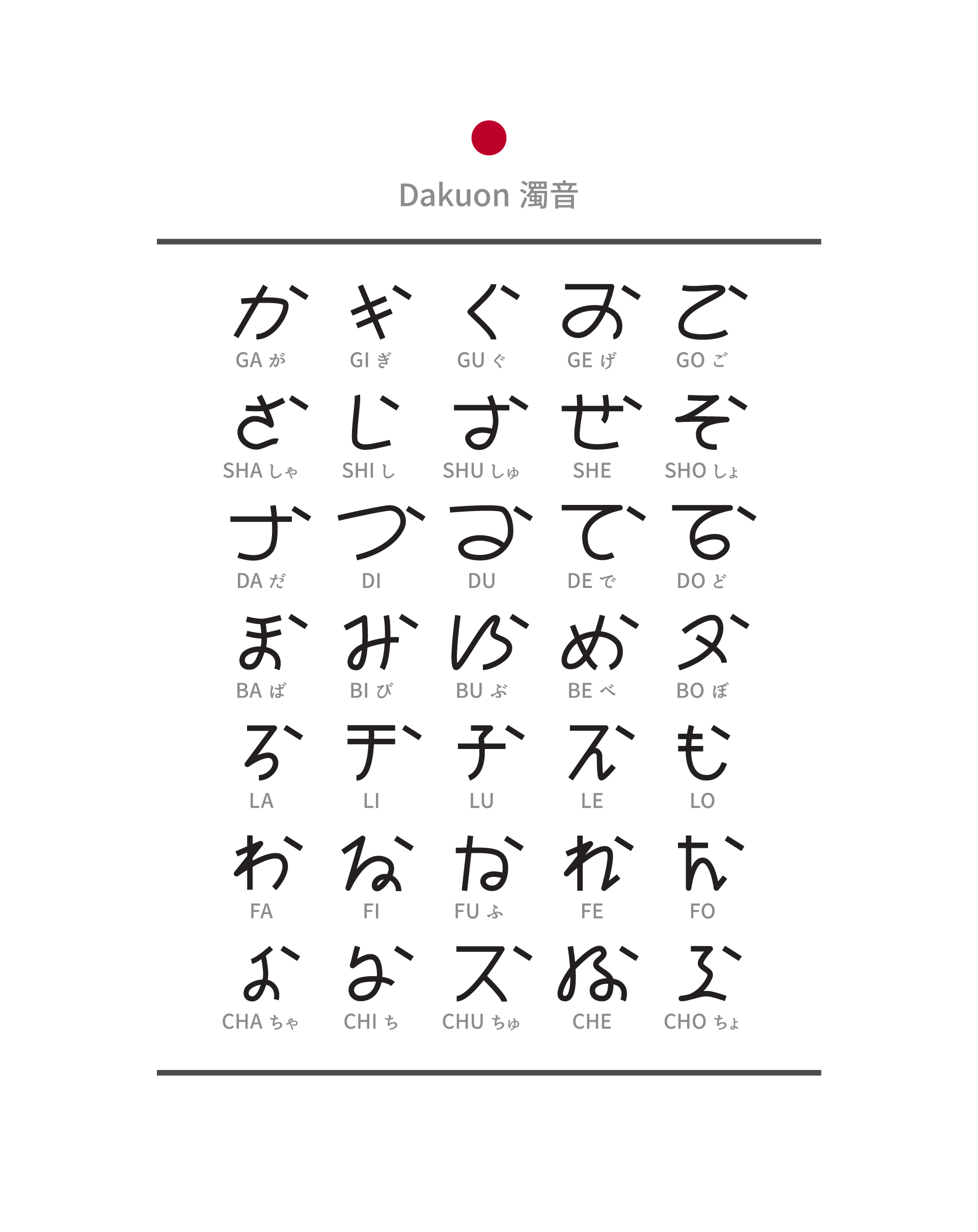
New Japanese writing system 新日語書寫系統 on Behance
<Konbanwa> Good evening is "konbanwa" (KON BAN WA) in Japanese. Similar to "konnichiwa", there is no polite version, and the only thing separating the two is the time of day you say them. "Konbanwa" becomes appropriate after the sky has darkened, but there really is no rule as to the exact time. <Sayonara>

Konbanwa! Good evening in Japanese! YouTube
As for the spelling of Konbanwa, Even Japanese (especially little kids) sometimes make mistakes. To tell you the truth, こんばんわ has been considered the correct spelling in Hiragana until 1986. The Japanese government defined how to write Konnichiwa and Konbanwa in Hiragana in 1986. Therefore some elder people still write Konbanwa.
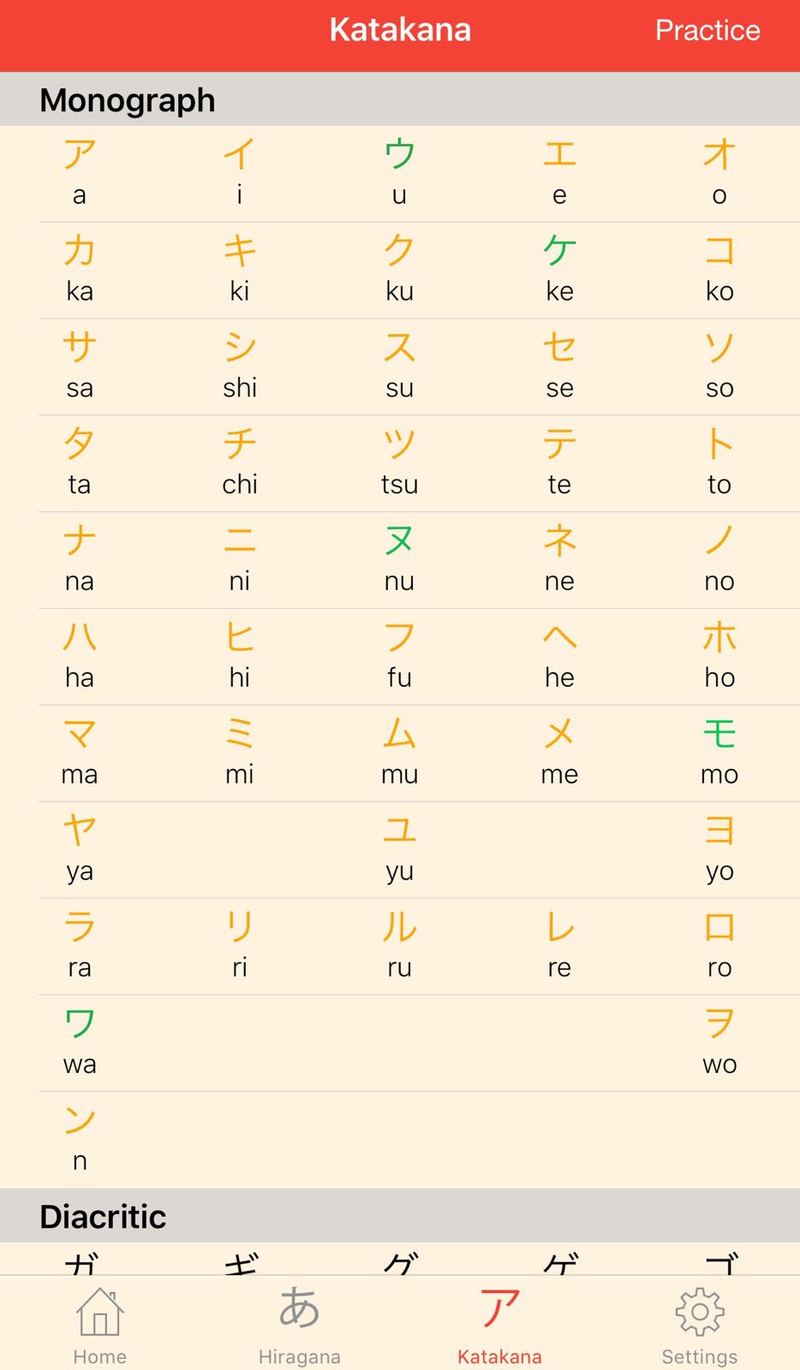
Konbanwa! I wanna learn about the Japanese alphabet. Can someone introduce it to me? HiNative
With good morning, "ohayou gozaimasu" you won't have much trouble in telling these phrases apart as they sound nothing like each other. However, you should pay attention to the greeting "Konnichiwa" which means good day. This sounds very similar to "konbanwa" and is made up of the same fundamental structure.
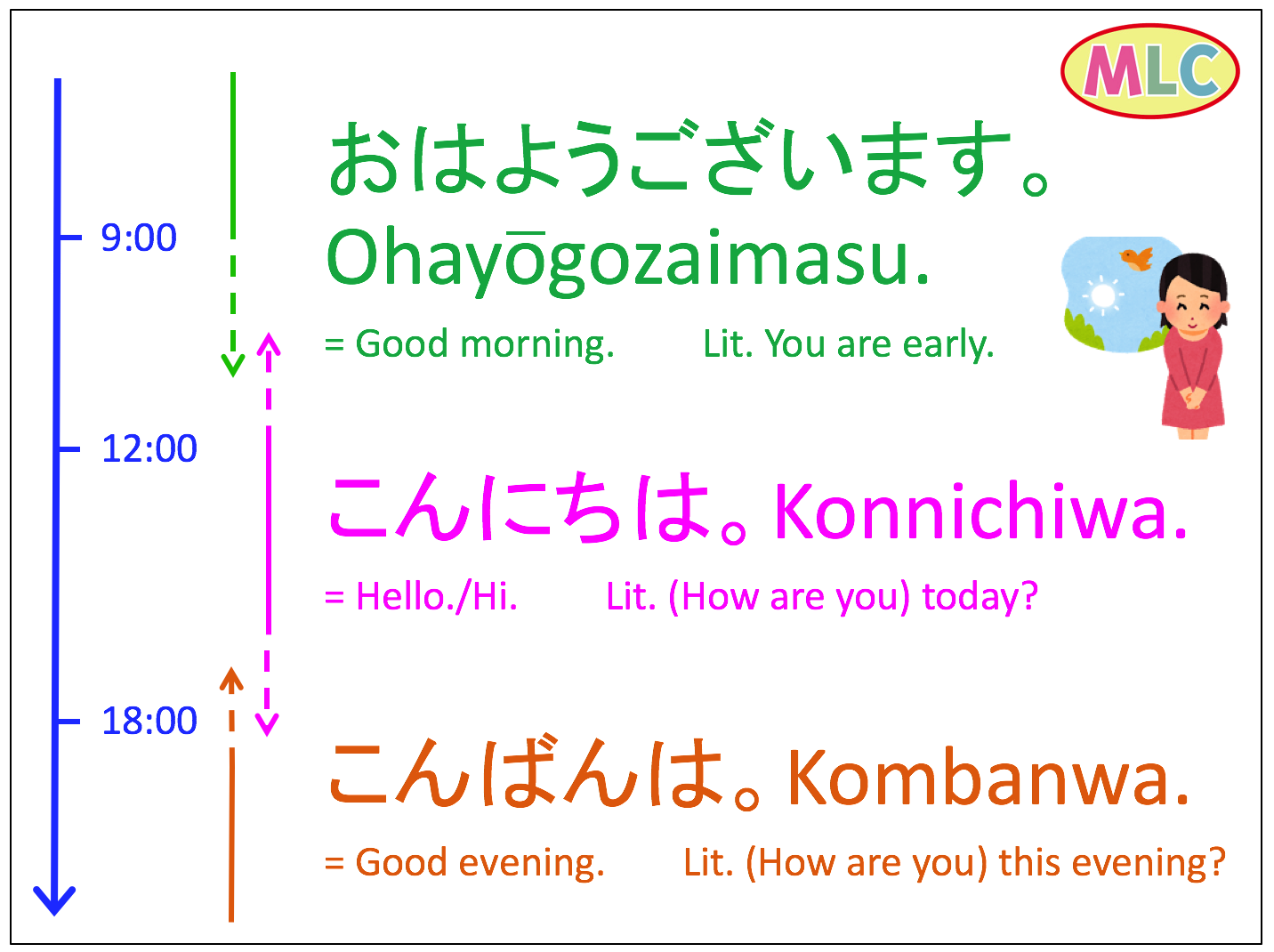
Konbanwa In Japanese Hiragana imgdoozy
The Actual Meaning of "Konbanwa" in Japanese. The Japanese greeting "Konbanwa" (こんばんは) is usually written in Hiragana and translates into English as "good evening".When written in kanji as 今晩は (konban wa) it can also be translated as the first part of a full Japanese sentence that translates as "Tonight…" or "This evening (is)…", though.
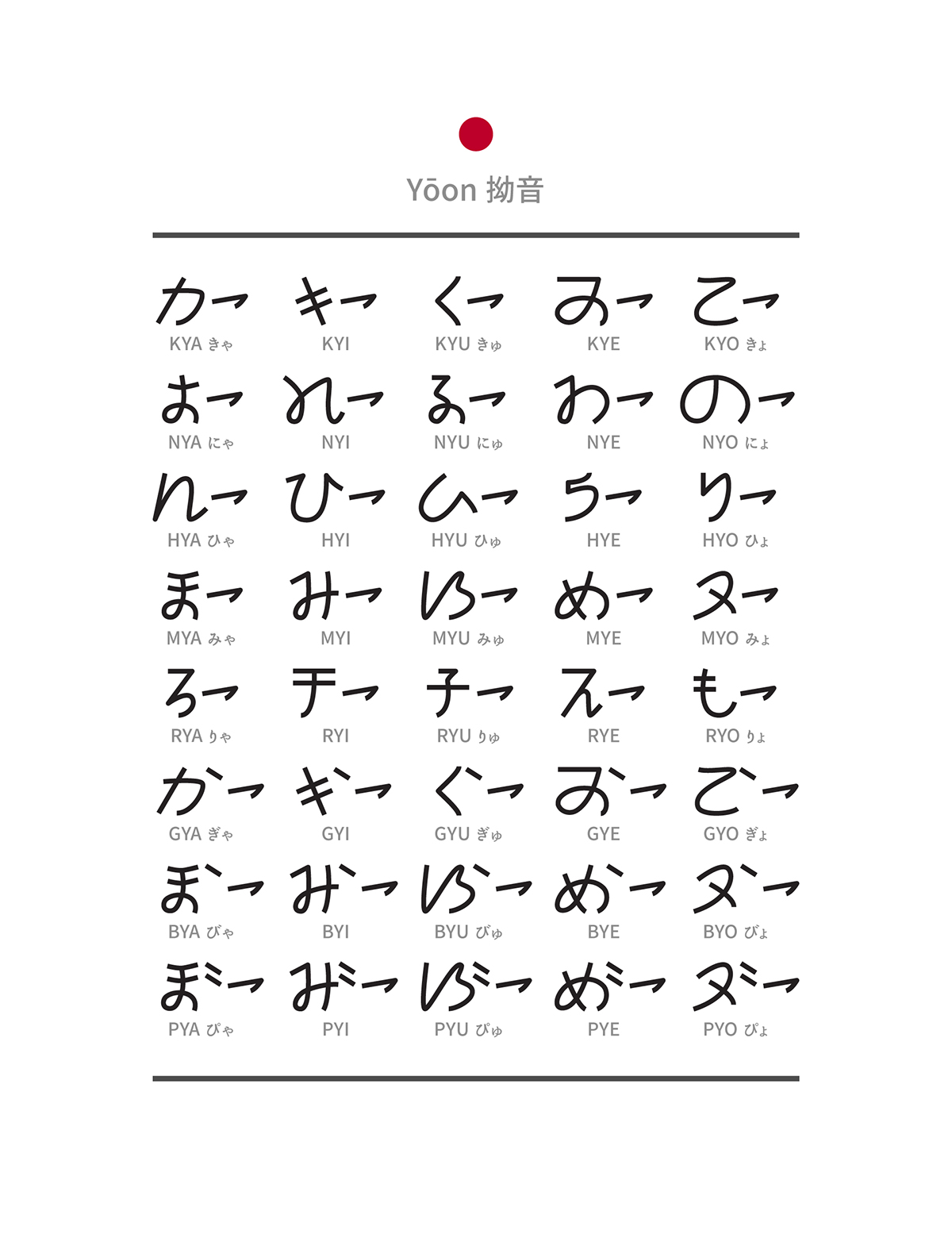
New Japanese writing system 新日語書寫系統 on Behance
Same goes with Konbanwa こんばんは, by the way. こんばん means tonight or this evening, so こんばんは literally means "As for this evening.". However, you may see even Japanese native speakers often spell it こんにちわ or こんばんわ. It is because people became more accustomed to writing as they pronounce rather.

How to Say Hello In Japanese Learn 26 Casual & Formal Greetings Essential Japanese Phrases
Konbanwa (こんばんは) is an informal word you can use to address anyone in a friendly manner, though it can also be used as part of a larger and more formal greeting. Oyasuminasai (Good Night) Unlike wishing someone a good morning or evening, saying "good night" in Japanese is not considered a greeting.

HA or WA? How to Spell KONBANWA in Hiragana correctly
In the evening: Konbanwa (こんばんは) In English, you might say "hi" to people anytime of the day; however, in Japanese, the above greeting is something useful to know as an etiquette. It is not appropriate to say, Konnichiwa (こんにちは) to someone 8 pm, past dinner time.